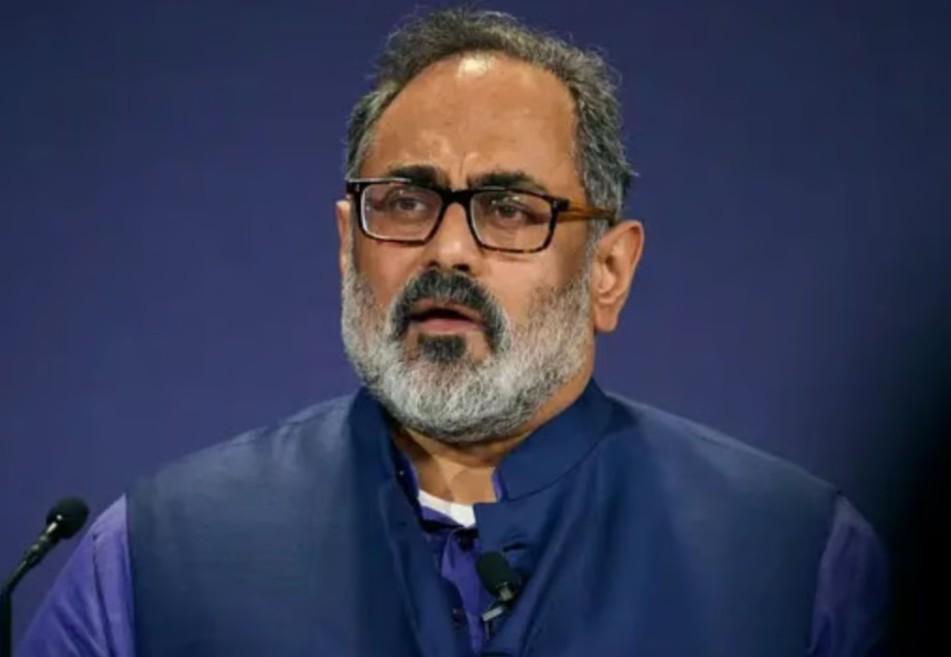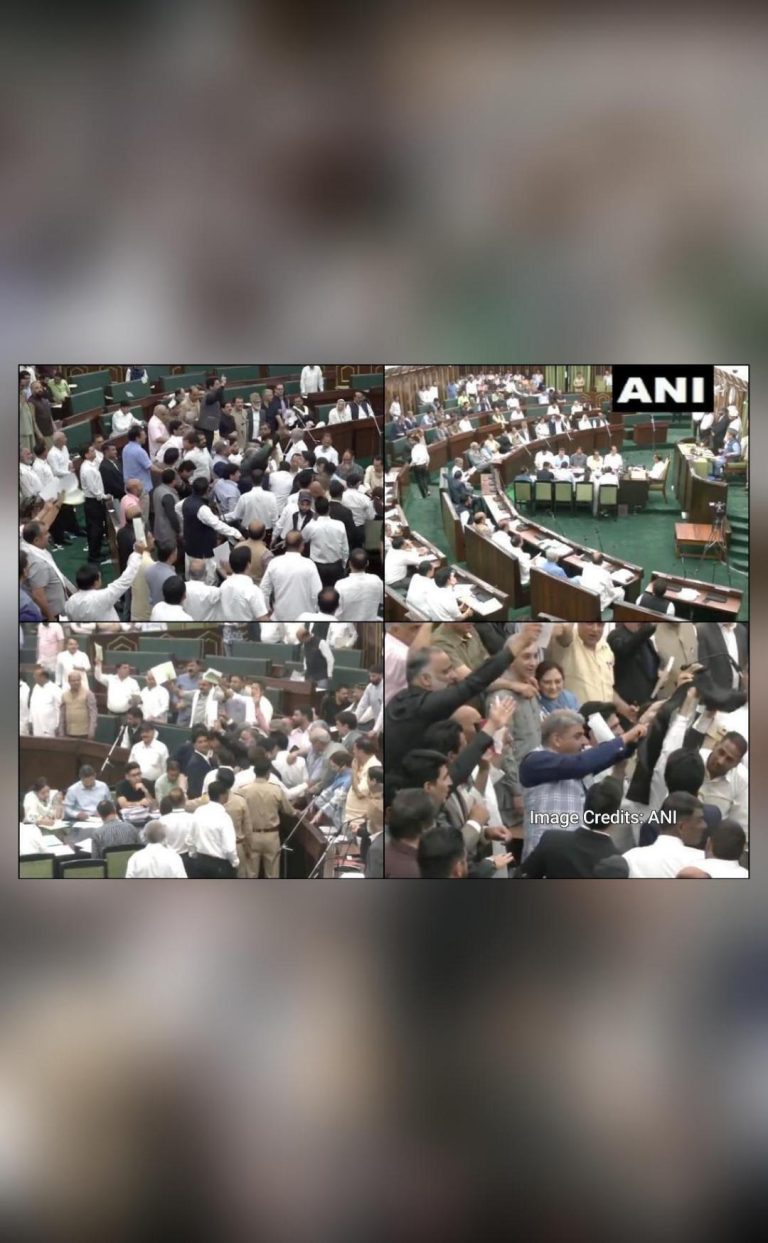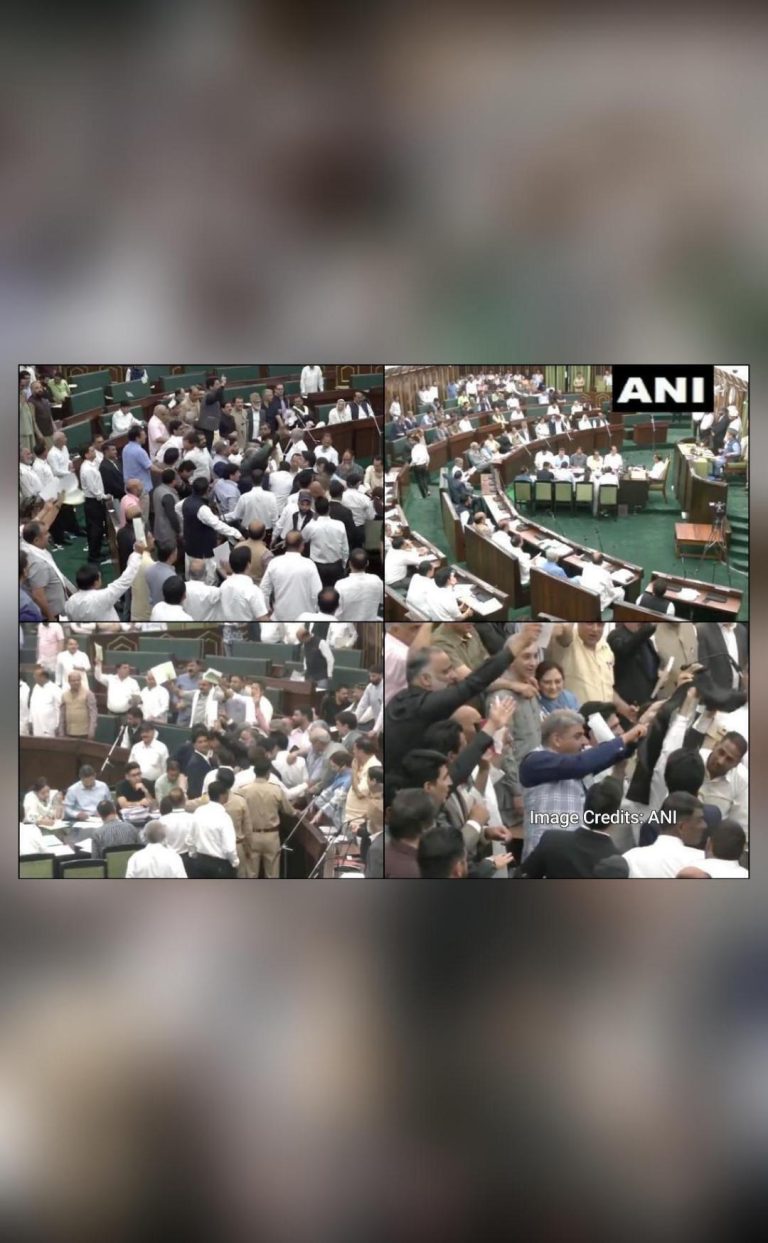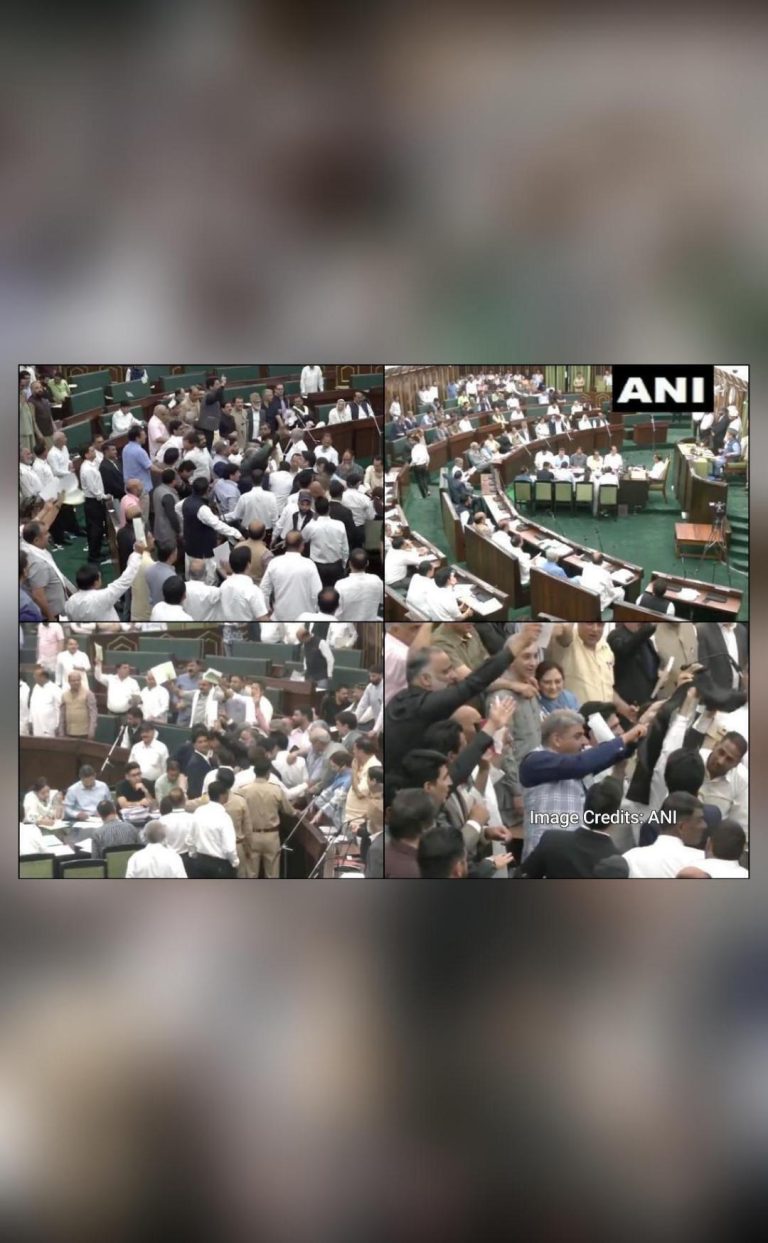
Title: Rahul Should Read & Learn the Constitution: BJP’s Chandrasekhar
The debate over the Waqf Bill has taken a new turn, with BJP leader Rajeev Chandrasekhar criticizing Congress leader Rahul Gandhi for his criticism of the bill. In a recent tweet, Chandrasekhar took a jibe at Gandhi, saying that the Congress leader should “read, learn the Constitution” before commenting on such matters.
The Waqf Bill, which was passed by the Union Cabinet recently, aims to ensure that Waqf land is used for the benefit of poor Muslims and not rich Cong builder/politicians. The bill seeks to amend the Waqf Act, 1995, to provide for the appointment of a chairperson and members of the Waqf Boards, who will be responsible for managing the Waqf land.
Rahul Gandhi had earlier criticized the bill, saying that it was an attempt to divide the country on religious lines. However, Chandrasekhar dismissed Gandhi’s concerns, saying that the bill was intended to benefit the poor and marginalized sections of society.
“One thing I recommend to Constitution-waving, India-bashing Rahul Gandhi is that he reads, learns the Constitution,” Chandrasekhar tweeted. “PM Narendra Modi’s [Waqf Bill]…ensures that Waqf land is used for the benefit of poor Muslims not rich Cong builder/politicians.”
Chandrasekhar’s comments have sparked a heated debate on social media, with many people backing him up and saying that Gandhi should indeed read and learn the Constitution before criticizing the government’s policies. Others have criticized Chandrasekhar for his tone and language, saying that he was being too harsh and divisive.
However, the fact remains that the Waqf Bill is an important piece of legislation that seeks to address a long-standing issue in the country. The Waqf Act, 1995, was enacted to provide for the management of Waqf properties, which are considered sacred by Muslims. However, over the years, the management of these properties has been criticized for being opaque and corrupt, with many Waqf boards being controlled by politicians and builders.
The new bill aims to change this situation by providing for the appointment of a chairperson and members of the Waqf Boards, who will be responsible for managing the Waqf land. The bill also provides for the establishment of a Waqf Development Council, which will oversee the development of Waqf properties.
In his criticism of the bill, Rahul Gandhi had said that it was an attempt to divide the country on religious lines. However, the government has denied these allegations, saying that the bill is intended to benefit the poor and marginalized sections of society.
The debate over the Waqf Bill has also highlighted the need for greater transparency and accountability in the management of Waqf properties. Many people have called for the establishment of an independent body to oversee the management of these properties, and to ensure that they are used for the benefit of the poor and marginalized sections of society.
In conclusion, the debate over the Waqf Bill is an important one, and raises important questions about the role of religion in public life, and the need for greater transparency and accountability in the management of Waqf properties. While Rahul Gandhi’s criticism of the bill may have been misguided, the government’s intentions behind the bill are clear: to ensure that Waqf land is used for the benefit of the poor and marginalized sections of society.
As Chandrasekhar said, “One thing I recommend to Constitution-waving, India-bashing Rahul Gandhi is that he reads, learns the Constitution.” Perhaps Gandhi should indeed read and learn the Constitution, and learn more about the Waqf Bill and its implications for the country.
News Source:
https://x.com/RajeevRC_X/status/1908500441996144876






